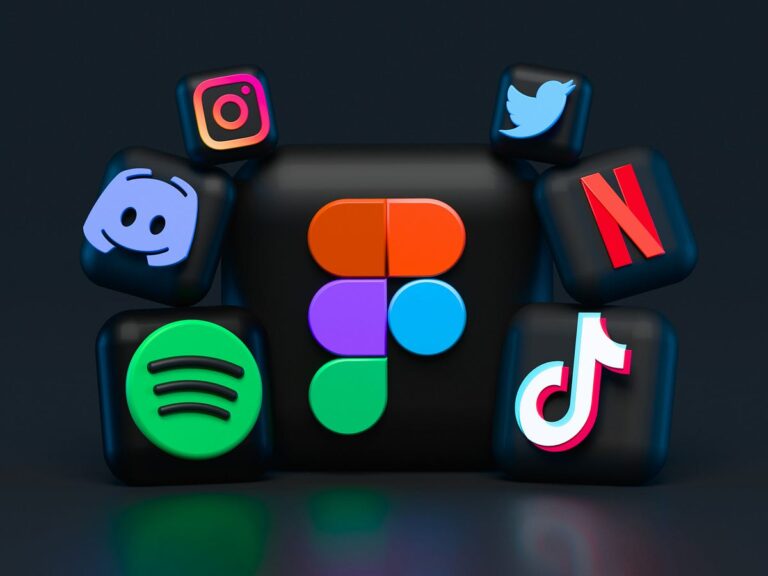In Nigeria today, social media has become more than just a place to scroll memes or chat with friends—it has become a digital marketplace where ordinary hustles can explode into thriving businesses. Two young women, starting from modest beginnings, show just how powerful the right post, video, or platform can be in rewriting financial stories.
Waist Beads and Instagram: Anita’s Breakthrough
Fresh out of NYSC and broke, Anita was living with her aunt in Ikeja. She had one skill—stringing waist beads from cheap glass materials she bought for just a few thousand naira. At a trade fair, she sold about ₦15k worth of beads, but half the money disappeared into transport costs.
Her lightbulb moment came when she stumbled on an IG-Live session where someone was selling crochet pieces, and the orders kept rolling in. “Why not me?” she asked herself. In 2022, with nothing but her sister’s phone, she shot a grainy Reel, plastered it with catchy taglines, and hit post. Within a week, three orders landed in her DMs.
From there, Instagram became her storefront. She grew to 8,000 followers in just six months by consistently posting styling tips, funny skits about waist beads, and unboxing videos from happy customers. She ran flash sales on her Stories and rewarded quick buyers with discounts.
“The algorithm rewards consistency,” Anita explained. Soon, she was batch-creating content, scheduling posts, and letting sales run while she lived her offline life. Today, 70–80% of her monthly income comes directly from Instagram leads.
From Cupcakes to 200 Weekly Orders: Funmi’s Digital Pivot
For Funmi, the journey started during the pandemic. In 2020, stuck at home with little excitement from her entry-level banking job, she began baking chin-chin and cupcakes for neighbours. At most, she managed 20 orders a week.
Everything changed in 2023 with one TikTok post. She uploaded a short, funny video of a cake crumbling, paired with catchy music, and went to bed. By morning, the clip had racked up 50,000 views. Her DMs were flooded with requests.
That moment taught her that she was underusing social media. But the real leap came when she signed up on Chowdeck, an online food delivery platform. Linking her viral TikTok profile directly to her Chowdeck store made orders seamless. Logistics stopped being her headache; she could focus on baking.
The result? Her weekly orders jumped from 10–20 to nearly 200. Monthly revenue soared from ₦100k to ₦800k, and she had to hire extra hands just to keep up. “It’s still one of the best decisions I’ve made for my business,” she said.
The Bigger Picture
What unites Anita and Funmi’s stories is simple: social media collapsed the barrier between small-scale hustlers and their market. With a phone camera, some creativity, and digital platforms that ease sales and delivery, they turned passion projects into thriving businesses.
Their experiences reveal a larger truth about Nigeria’s digital economy—growth is no longer tied only to physical shops or heavy capital. In the right hands, Instagram and TikTok aren’t just apps; they are ladders out of financial stagnation.

